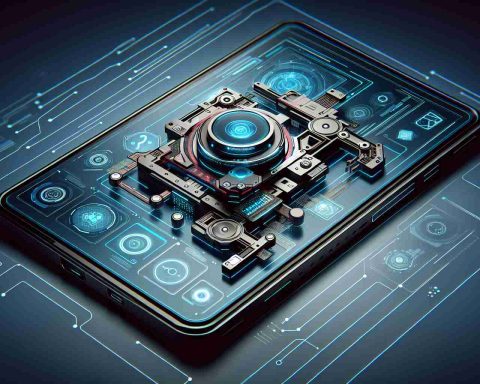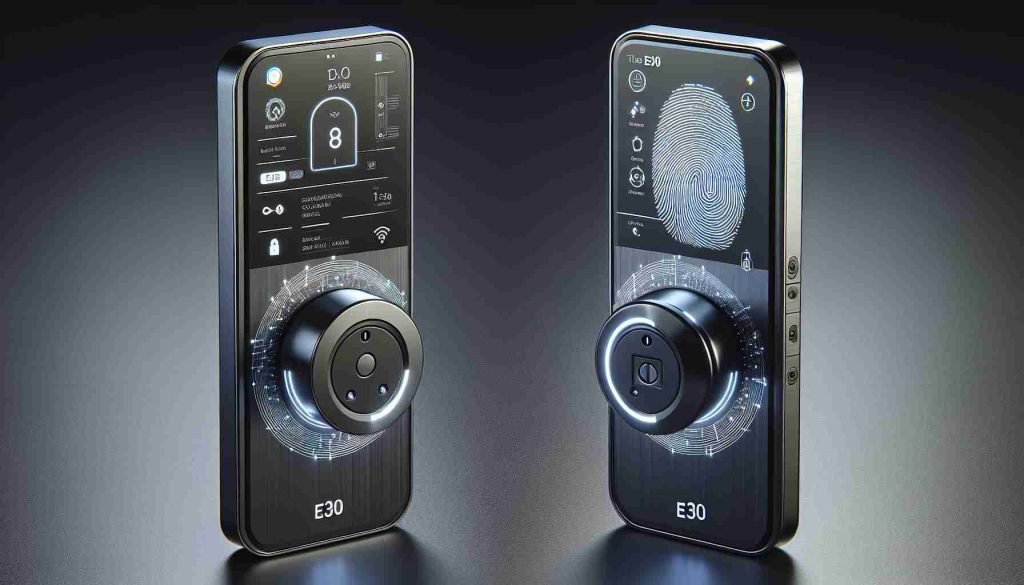In a significant policy shift, the European Union (EU) is set to enforce the ‘Radio Equipment Directive’, mandating that all mobile devices must have USB-C charging capability starting at the end of the year. This directive aims to tackle the growing issue of electronic waste through the unification of charging standards. However, this legislation risks inadvertently rendering millions of older smartphones obsolete, thereby threatening the burgeoning second-hand phone market, which is valued in the billions.
According to research from CCS Insights, around 60% of currently used smartphones will be incompatible with the new USB-C chargers once the directive takes effect. This change could potentially result in about 8 million phones, amounting to an estimated $2.22 billion in lost value within Europe.
The implications of this rule extend beyond the new device market; it poses serious challenges for the thriving second-hand sector, where consumers increasingly opt for refurbished models for economic and ecological reasons. Furthermore, the regulation could complicate recycling efforts and spur illegal imports to circumvent EU guidelines.
Discussions regarding charger standardization have been ongoing since 2011, initially favoring MicroUSB before transitioning to USB-C. Although Apple initially resisted the mandate due to fears of stifling innovation, the company eventually conformed by adopting USB-C for its latest iPhone 15 releases. While the directive aims to reduce electronic waste, there is concern it may lead to increased disposal rates of older devices, thus aggravating environmental issues in the short term.
Smartphone Sustainability: Tips and Insights in Light of the EU’s New Directive
In light of the European Union’s new ‘Radio Equipment Directive’ mandating USB-C compatibility for all mobile devices, individuals need to be proactive about adapting to these changes, especially regarding their smartphones’ usability and sustainability. This article outlines some useful tips and interesting facts that can make a difference for consumers, whether at home, at work, or at school.
Understand the New Regulations
It’s crucial to familiarize yourself with the EU’s directive. By the end of the year, all newly sold smartphones in the EU must support USB-C charging. This means if you have an older model that operates on a different charging standard, it may soon become less compatible with new chargers, potentially complicating your charging situation. Keeping abreast of the directive can help you make informed decisions when considering upgrading or purchasing a second-hand device.
Consider Refurbished Phones
The imminent changes to charging standards indicate a potential surge in the availability of second-hand smartphones. Many refurbished phones remain fully functional and can be a cost-effective alternative to buying the latest model. Not only do these devices offer value for money, but purchasing refurbished phones also contributes to sustainability by reducing electronic waste. Always check reputable sellers and ensure that they provide a warranty or return policy.
Maximize Your Current Device
If your smartphone is set to become obsolete under the new directive, consider maximizing its potential before making a switch. Take the time to clean up your device, transfer your important data, and remove unnecessary apps to improve performance. If you won’t upgrade immediately, invest in high-quality accessories like a versatile power bank that may be compatible across different devices, extending your phone’s lifespan.
Stay Informed About Resale Value
As the directive rolls out, understanding how it impacts your current phone’s resale value is essential. With millions of devices potentially losing compatibility, staying informed can help you decide the best time to sell or trade-in your device. Tracking depreciation rates and market demand for specific models can help you optimize your profits in the second-hand market.
Participate in Recycling Programs
If you do decide to part ways with an older smartphone, consider participating in electronic waste recycling programs. Many retailers and manufacturers have established schemes that offer to recycle your old devices. Doing so not only ensures responsible disposal but often allows you to receive store credit or discounts on future purchases, making it a win-win scenario.
An Opportunity for Innovation
Despite the challenges the directive presents, it also opens the door for innovation. Businesses and manufacturers may focus on creating more sustainable, multi-functional charging solutions. Whether you’re in academics or a corporate environment, being at the forefront of this innovation can present new opportunities for growth and efficiency.
By being informed and proactive, you can navigate the changes brought about by the EU’s new directive while contributing positively to the environment and the economy. For more insights on sustainability in technology, visit europa.eu.




























